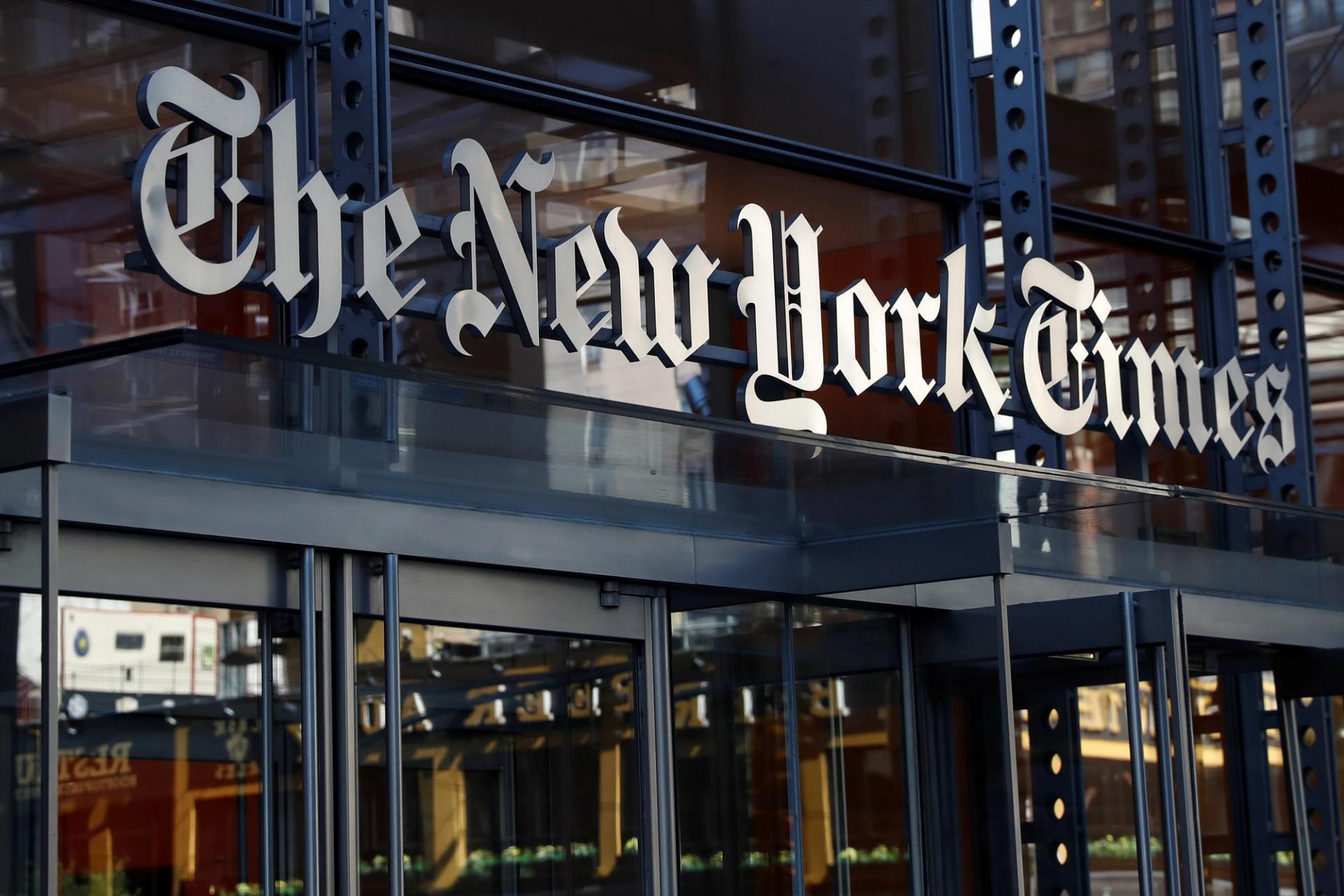The News
The New York Times sued OpenAI and Microsoft in federal court Wednesday claiming their artificial intelligence models infringe on the news outlet’s copyright and intellectual property.
The suit argues that the AI models and chatbots made by OpenAI and Microsoft, which have a $10 billion partnership, have copied and used “millions of The Times’s copyrighted news articles” as part of their training data.
It cast the AI models as a competitor to The Times’ work, and said the companies should be held responsible “for the billions of dollars
in statutory and actual damages” caused by the alleged infringement.
SIGNALS
NYT joins host of other defendants challenging AI legality
The Times’ suit is likely to be the most high-profile legal clash over the legality of AI models trained on billions of data points from across the web. A host of authors and artists have already sued OpenAI and several of its competitors, alleging the AI models illegally ingested their work, and experts predict those cases will end up at the Supreme Court. Globally, countries are reacting differently toward the rapidly evolving tech; the U.K. Supreme Court ruled that AI tools cannot invent things or hold patents, while a Beijing court said that AI-generated art can be copyrighted.
News publishers can either sue AI or sign agreements
The lawsuit also shows the challenges facing news publishers specifically amid the rise of advanced, consumer-facing AI. Semafor reported over the summer that several key publishers — including The Times and Axel Springer — may form a coalition to sue AI companies and seek billions of dollars. Instead of suing, Germany-based Axel Springer struck an agreement with OpenAI — reportedly worth tens of millions of euros a year — allowing for the use of its content earlier this month. As The Hollywood Reporter wrote, publishers are facing a fork in the road: they can either “take the money from AI giants in a licensing deal or fight with a lawsuit.”

